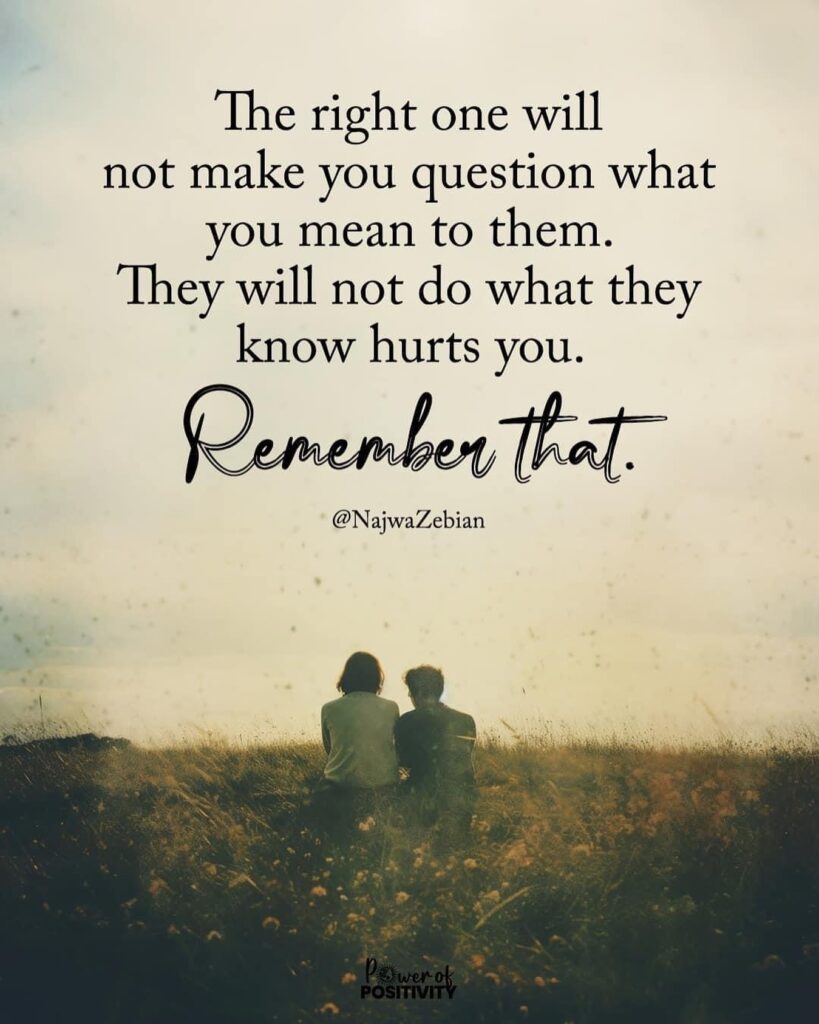Confidence Isn’t the Problem — But It Can Make People Uncomfortable. Some people won’t say it out loud, but they feel intimidated by your confidence. You’re not being mean or trying to show off — you’re just being yourself. Still, the way you carry yourself, speak clearly, and stand your ground can make others feel uneasy without you even realizing it.
There’s a big difference between being confident and being arrogant. Arrogance pushes people away on purpose. Confidence simply means you know your worth and you don’t feel the need to prove anything. But when someone lacks that same confidence, they might mistake yours for something it’s not.
You might notice people acting distant, avoiding eye contact, or holding back around you. That doesn’t mean you should shrink who you are. These reactions usually say more about their self-doubt than your personality.
This list isn’t about changing yourself. It’s about understanding how your confidence might come off to others — and why that happens. Once you know the signs, it becomes easier to read the room while still standing strong in who you are.
1. You Speak with Certainty and Clarity
Some people pause or stumble when they talk, unsure of what to say. But when you speak, your words come out steady and sure. You don’t second-guess yourself or use a bunch of filler words to explain a simple thought. That kind of clarity can be surprising to people who aren’t used to it. They might feel nervous or unsure around you, especially if they struggle to say what they mean. It’s not that you’re too much — they just feel intimidated by your confidence because it highlights what they haven’t built yet in themselves.
2. You Don’t Seek Validation from Others
You’re the type who doesn’t wait around for others to approve your choices. When you make a decision, it’s because it feels right to you — not because someone else gave you a green light. People who need constant reassurance might not know how to connect with that. They could feel like their opinions don’t matter to you, even if that’s not true. Being independent doesn’t make you cold — it just means you trust your own judgment. That can be hard for some people to understand, especially if they’re used to checking in with others before every move.
3. You Keep Strong Boundaries
Telling people “no” or saying what you’re okay with isn’t hard for you. You respect your time, energy, and peace — and you don’t feel bad for protecting them. While that’s healthy, not everyone is used to clear limits. Some people expect others to bend or say yes just to keep the peace. When you don’t, they might feel shut out or even rejected. That’s often not about you at all. They just feel intimidated by your confidence because you don’t let others cross lines you’ve clearly drawn.
4. You’re Comfortable Being Alone
You don’t need a full room to feel content. Spending time by yourself isn’t something you avoid — it’s something you enjoy. While others may need constant company or distractions, you’re fine doing your own thing. That level of comfort can feel strange to people who aren’t used to being alone. They may think you’re distant or unfriendly, but it’s really just peace to you. It’s not that you’re pushing anyone away — you just know how to enjoy your own space without needing attention or approval to feel okay.
5. You Handle Criticism Without Falling Apart
Most people get defensive when they hear something negative about themselves. You don’t. You take it in, think it through, and decide what’s helpful and what’s not. Staying calm like that, especially when others expect you to snap back or take it personally, can really throw people off. They may feel unsure of how to connect with someone who doesn’t take things to heart. Some might even hold back their opinions around you because they’re intimidated by your confidence and how well you manage tough conversations without getting upset.
6. You Don’t Play Along with Groupthink
Going with the crowd just to keep things easy isn’t your style. If something doesn’t sit right with you, you speak up — even if everyone else is nodding along. That honesty can make people uncomfortable, especially if they’re used to following others to avoid conflict. You’re not trying to be difficult, you just value truth over approval. Still, standing firm in a room full of yes-men can catch people off guard. It’s not about causing trouble — it’s about staying honest, even if it means being the only one who sees things differently.
7. You Make Eye Contact Without Hesitation
Looking someone in the eye during a conversation feels natural to you. You’re just being present and paying attention. But not everyone is comfortable with that. Some people avoid eye contact because they feel shy or unsure. So when you hold steady eye contact, they may read it as pressure or power — even though that’s not your intention. The truth is, they’re often intimidated by your confidence because they’re not used to someone being that direct or engaged when talking.
8. You Stay Calm Under Pressure
Chaos doesn’t shake you the way it does most people. When things go wrong, you keep a level head and focus on fixing the problem instead of panicking. While that’s a strength, it can also make others feel exposed. They might wonder why you’re not as stressed or loud as they are. Your calm approach, though helpful, can come off as distant to those who react more emotionally. It’s not that you don’t care — you just handle pressure in a different way, and not everyone knows how to respond to that kind of steady presence.
9. You Don’t Entertain Drama or Gossip
You don’t waste time talking behind people’s backs or getting caught up in petty drama. That doesn’t mean you think you’re better — it just means you’d rather focus on things that matter. But when others bond over gossip or complaining, your silence can feel like a judgment, even if you’re not saying a word. They might feel uneasy around you, as if they’re doing something wrong. It’s not your fault — they’re just intimidated by your confidence because you don’t need that kind of talk to fit in.
10. You’re Decisive and Rarely Hesitate
You don’t sit around going back and forth. When you know what needs to be done, you act. People who take longer to make choices might feel rushed or unsure next to you. Your ability to decide quickly and follow through can seem bold or even harsh, especially if they’re still trying to figure things out. That kind of certainty isn’t something everyone is used to. It’s not about being pushy — it’s just how you move through life, and some people simply aren’t comfortable with that level of confidence and direction.
11. You’re Always Working on Self-Improvement
You’re the type who’s always reading, learning, or finding ways to get better at something. Growth matters to you. That focus can make others feel like they’re falling behind, especially if they’re stuck or not sure what to work on. You’re not judging them — you’re just focused on your own goals. Still, that drive can make them feel uncomfortable. They might avoid talking about their own routines around you, not because you said anything, but because it reminds them of what they’re not doing for themselves.
12. You Don’t Apologize for Taking Up Space
Shrinking to fit in isn’t part of the plan. Speaking with confidence, moving with purpose, and showing up like you belong—because that space is yours too. Some people aren’t used to that. They’re used to people toning themselves down or stepping aside. So when you don’t do that, it can feel loud to them, even when you’re not saying much. It’s not about being too much — it’s about being sure of yourself and not feeling the need to hold back to make others feel better.
13. You Expect Accountability from Others
You believe in showing up, doing your part, and owning your actions — and you expect the same from the people around you. That’s fair, but it can also be a lot for someone who’s used to shifting blame or making excuses. When you hold others to higher standards, they might pull back or get defensive. They may not be used to being challenged in that way. It’s not about you being harsh — they’re just intimidated by your confidence and your no-nonsense way of holding people responsible.
Final Thoughts: Intimidation Isn’t Your Responsibility — But Awareness Matters
Confidence isn’t something you should hide. If others feel uncomfortable around it, that usually says more about how they see themselves than about you. Still, it helps to be aware of how your energy affects the room. Knowing when to speak up — and when to stay silent — can help keep things balanced without dimming your light.
You can be strong and still leave space for others. Being confident doesn’t mean taking over or pulling back — it means being steady in who you are. Some people may feel intimidated by your confidence at first, especially if they’re still learning to trust themselves. And that’s okay.
Don’t change just to make others more comfortable. Own your confidence, stay kind, and stay grounded. You’re not the problem — their reaction is. Often, once they see you’re not trying to compete or take control, they stop feeling threatened and start respecting what you bring. Keep being yourself — the right people will feel inspired.















